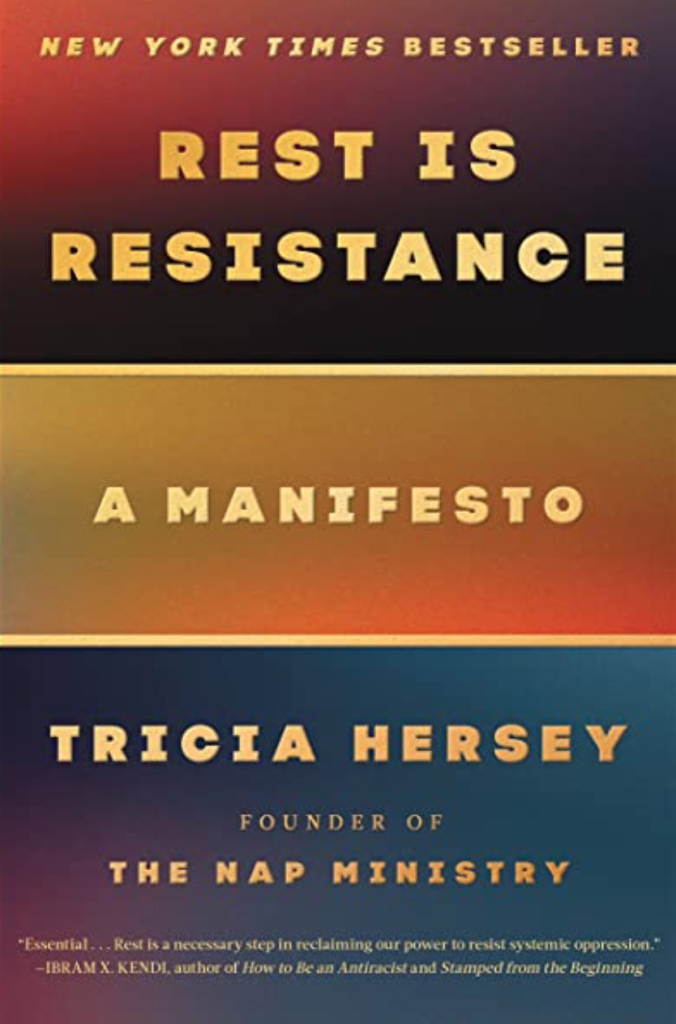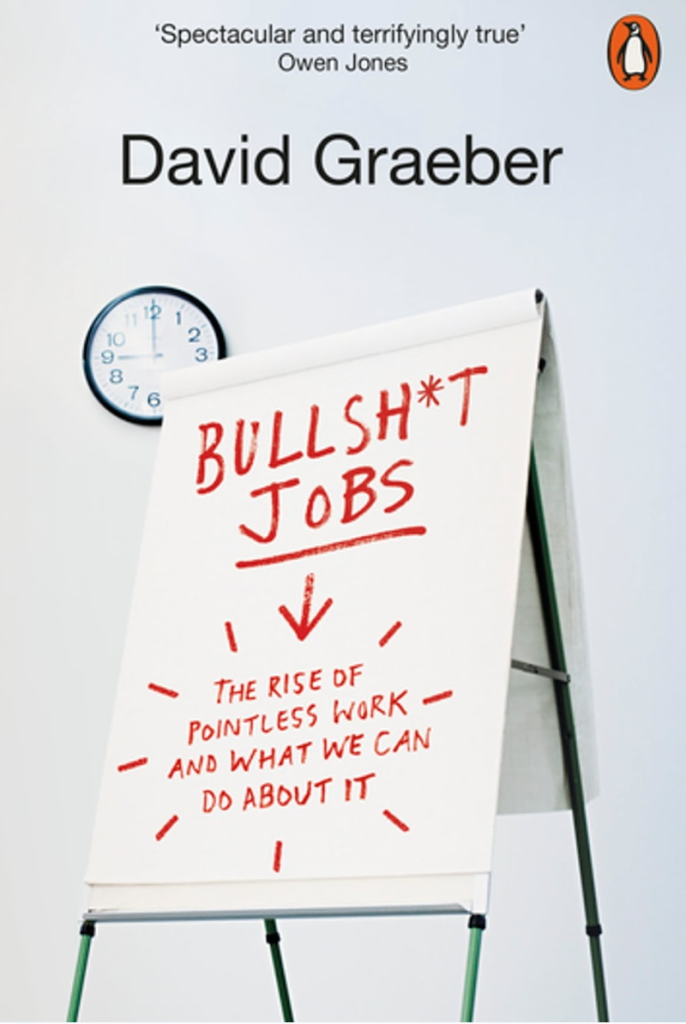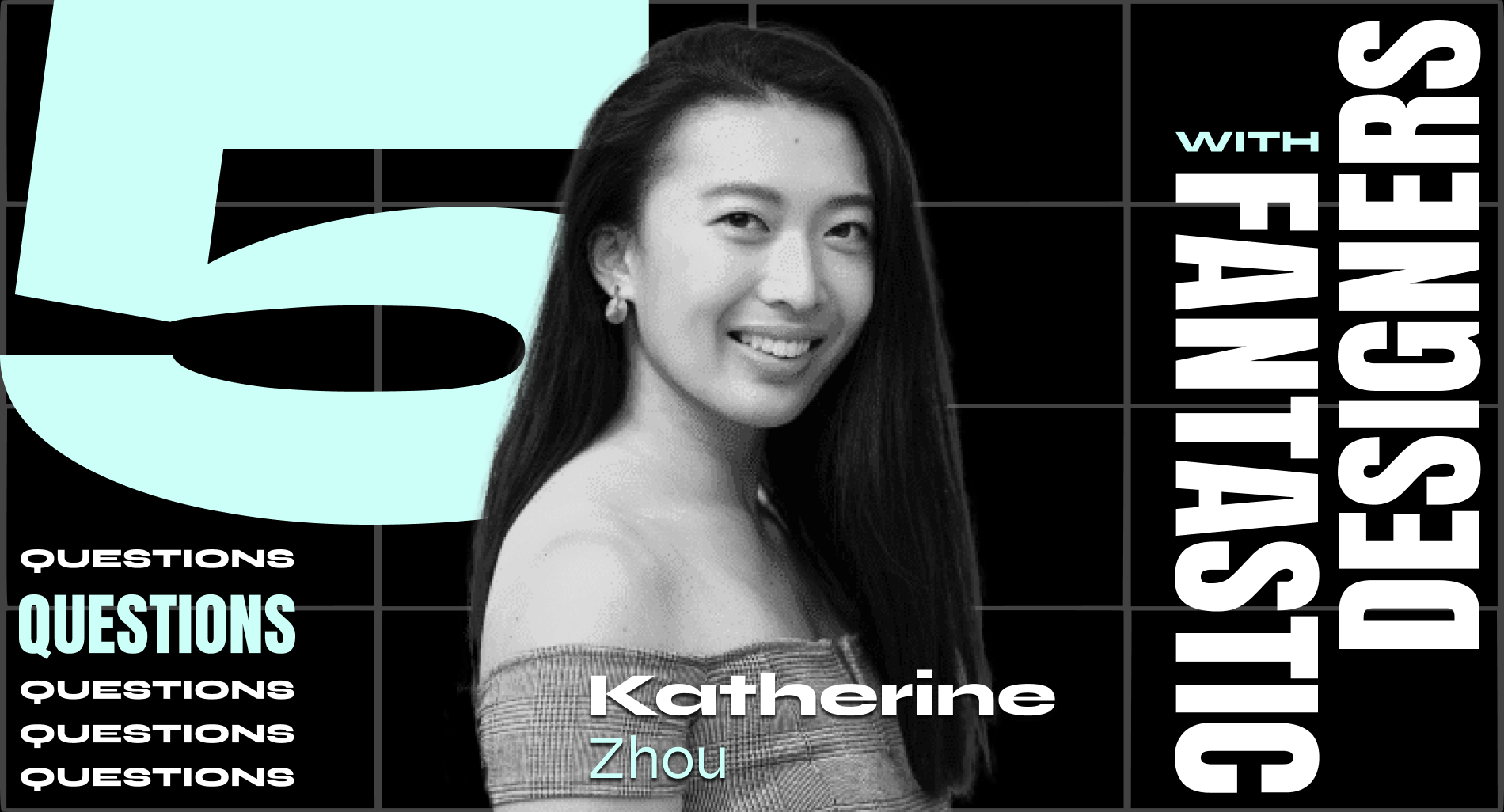A quick interview with one of the most talented designers around
Kat (she/her) is the creator of the project Design Ethically, which started out as a framework for applying ethics to the design process and has now grown into a toolkit of speculative activities that help teams forecast the consequences of their products. Through her work with Design Ethically, she has spoken at events hosted by the European Parliament (2022) and the US Federal Trade Commission (2021), as well as an assortment of tech conferences. Kat has been quoted in the BBC, WIRED, Fast Company, Protocol, and Tech Policy Press.
Outside of Design Ethically, Kat has worked as a designer in the industry for years and has just completed her Masters degree in AI Ethics and Society at the University of Cambridge, with the Leverhulme Centre for the Future of Intelligence. She lives in Stockholm with her adopted husky, where you can find them running around.
1. What design trends do you think will take off this year and more in the future?
I think there will be increased exploitation of designers with the proliferation of text-to-image, deep learning models such as Stable Diffusion and Midjourney. We’re already seeing this take place, with the corporations behind these programs actively stealing art and designs from unpaid creators in order to train said models.
With that said, another design trend I hope to see is an urgent increase in the organizing and unionizing that has started to grow roots in the tech and design industries. Alongside regulation, I truly believe worker organizing can play an impactful role in holding powerful corporations accountable. It is through our collective demands that we can advocate for the refusal of tools of exploitation. It is through our solidarity that we can dream and design tools that run counter to our systems of inequality, tools that are meant to be sustainable and foster healthy connection.
2. When it comes to making design and the design industry more diverse, equal, and inclusive, what changes are needed or would you like to see?
We need to break the existing pipelines and rebuild new ones. All too often, I hear comments blaming the current recruiting pipelines for the lack of diversity and fair representation in organizations. Sure, acknowledging the problem is the first step, but those of us hiring in tech and design need to do more. We can realize that talent, creativity, and potential can be found in all corners of the world, not just amongst the same agencies, universities, and locales from which we typically recruit.
“We need to not view diversity, equity and inclusion (DEI) initiatives as optional perks within companies. Throughout the recent spate of layoffs in the tech industry, we’ve seen so many DEI teams become “redundant,” highlighting how little these companies truly valued the DEI mission in the first place. Actions truly speak louder than words.”
Katherine Zhou
Finally, we need to be critical of tokenism. Tokenism is especially insidious when it’s utilized as a form of ethics-washing at problematic corporations. All too often, we see Black, Indigenous, and people of color (BIPOC) elevated into positions of leadership at organizations that are actively designing products that harm larger vulnerable communities. By taking a holistic look, we can view corporate hypocrisy for what it is. Rather than just being satisfied with the presence of a handful of underrepresented folks at companies, we need to actively interrogate how these corporations impact wider vulnerable communities.
3. What are 3 things you were not taught in school (if you were formally trained in design) that you wished you had been taught?
- We need to rest more. A lot of our current institutions (universities, corporations, media, etc.) have glorified hustle culture, idolizing growth and optimization. This hegemonic emphasis on productivity has even weathered a global pandemic, leading to mass burnout as we were all expected to adapt and work while minimizing or ignoring the mass trauma around us. Countering the harmful injunctions of our extractive capitalist society, activist Tricia Hersey has illuminated the importance of resting in order to have energy to rebuild ourselves, our communities, and our planet. No matter how relatively cushy you perceive your design or tech job to be, it’s natural to feel utterly burnt out by the 9-5 work day. No matter how nice the perks at tech companies seem, we cannot forget what we’re giving up just to have “free” lunch, mass-produced swag, and a foosball table. We need to reclaim our time, our agency, and our creativity. And we need to forge solidarity with those who have far less cushy jobs than we have so that we can advocate together for more robust rights that serve everyone.

- We shouldn’t take our jobs too seriously. A lot of what is taught in modern institutions of education is meant to prepare us to be productive workers in our capitalist society. We get taught that certain jobs and certain fields are “prestigious” and “impactful.” And when we’ve finally clawed our way into those roles and industries, it’s easy to simmer in our own self-importance. In his book, “Bullshit Jobs,” David Graeber presents a searing critique of the hype and hubris that permeates a lot of prominent, white-collar professions, many of which perpetuate more harm than good. It is when we stop taking ourselves so seriously, and start realizing that the most significant jobs in societies are often valued the least in terms of compensation and prestige (i.e. all the frontline workers during the pandemic), that we can…
- …speak out and break the rules. As we’ve seen by now, there are a lot of unethical tools created by the tech and design industries. Such problematic output contrasts significantly with the platitudes, values, and mission statements that are commonly heard in these industries. I suspect the dissonance is a result of the lack of security to interrogate and speak up against harmful decisions, especially if they originate from the top of these powerful corporations. Often, we’re taught to look up to those who have climbed up the career ladder, which makes us less likely to call out authority when they need to be called out. We need to remind ourselves that our systems of hierarchy are often harmful constructions that can and need to be deconstructed. We need to remind ourselves that it is our jobs as designers to actively intervene against problematic design decisions.

4. What are the biggest challenges you’ve had to face as a designer? Did you overcome them? How?
I’ve mentioned speaking up in the last question, and I would say that is one of the biggest challenges. It can be intimidating, no matter how senior you are. I always recommend starting small – reaching out to those around you that might share your perspective. Finding solidarity makes a world of a difference, and can help to amplify your concerns while alleviating your fears. Bring up points in team meetings, ask difficult questions in town halls, write petitions to leaders – just do something.
5. Why do you think design matters?
Design matters, and it also does not. Design matters in the sense that we have historically created significant, inclusive, accessible solutions to address some critical problems. Those designs have manifested in a variety of forms, extending beyond industrial and web design into the policy and communal realms as well. Design also matters in the sense that it has been historically employed to craft some of the most nefarious tools in our societies, tools that facilitate segregation and violence. Design, when situated within a racial capitalist system, can be leveraged to surveil and target the most vulnerable in our societies.
When I say that design does not matter, I am acknowledging the need for humility in our practice. Understandably, when regarding historical examples of design used for good, we might have the urge to design our way out of significant social inequalities. However, technosolutionism, the idea that we can just design technology to fix all of our problems, is a misleading instinct. Many times, the tools we design depend on, mirror, or strengthen our societal inequities. For example, are we really willing to trust private health-tech companies that are only profitable in the face of a failing public healthcare system? Who ultimately will get excluded if those private, health-tech solutions proliferate? Which shareholders will benefit? Unless we actively dismantle our racial capitalist system, the technologies we create will continue to perpetuate and reinforce this system.
* * *
Katherine will give a talk at the digital design conference Design Matters 23, which will take place in Copenhagen & Online, on Sep 27-28, 2023. Get your ticket here! And if you want to connect with Katherine, find her on Instagram, LinkedIn, Twitter, or visit her website.










